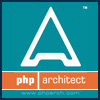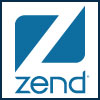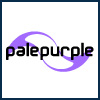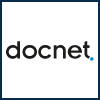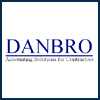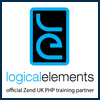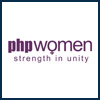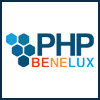For years, Apache, which is currently utilised by more than 100 million active websites, has been the de facto web server over the likes of IIS, GWS, Nginx and Lighttpd. However, due to the fact that Apache requires more resources and its performance tends to decrease as the number of concurrent connection increases, more sites are considering Nginx. ; This is being used either as the main http web server or it is being placed in front of the existing Apache server farm as a high-performance reverse-proxy server or OS based load balancer in a Cloud Computing infrastructure.This talk will look at some benchmark figures of Nginx and Apache and will cover how a PHP application can benefit from Nginx awesomeness.Associated Slides
Archive for the ‘Uncategorized’ Category
PHPNW10: Errazudin Ishak: Turbocharge your PHP with Nginx
Monday, December 6th, 2010PHPNW10: Michael Peacock: Abstracting Functionality with centralised content
Monday, December 6th, 2010Most content on web sites and web applications, such as pages, e-commerce products, blog entries, news articles and even job vacancies, comprise mostly of common attributes. By centralising this content at the Model and database level, extending upon a core set of tables for more diverse content types we can save development time by sharing functionality to all content types. User features such as commenting, rating, viewing content as an RSS feed, and administrative functionality, such as CRUD functions, deactivating content, rolling back versions, and moving content within a site or menu hierarchy can be applied to all of the content types. This approach is similar to how content works in Drupal, with all content stemming from a node. By combining this with a simple MVC architecture, new content types can easily be dropped in, with models inheriting from a parent content type which holds the data common to all content types, and controllers inheriting from a parent content controller, which centralises hierarchies of content of each type, and CRUD functions.Through real examples, this talk would show developers how to save development time, increase efficiency, and reduce testing time by showing how content can be centralised, and functionality can be abstracted so that it can easily apply to any type of content, without any additional work. This would mean an e-commerce site with product ratings, could add ratings to pages, blog entries and other content, without any extra development work.This is the perfect complement to any MVC based development framework, making code even easier and quicker to extend. Since introducing this approach to our own frameworks, productivity has increased dramatically, and as new content types are added, only a few lines of new code need to be added to get the full set of CRUD functions.Associated Slides
PHPNW10: Harrie Verveer: Database version control without pain
Friday, December 3rd, 2010Weve all read the textbooks and are using version control systems for our code, but our databases are left out in the cold. Every team has their own workaround, ranging from patch files to SQL snippets in the bugtracker, but none is really robust.There isnt a silver bullet solution, but this talk will show you different approaches and solutions that you can use in different kinds of projects, helping you to handle the changes in your database structure in a more sophisticated way.Associated Slides
PHPNW10: Ian Barber: Rules and Tools
Thursday, December 2nd, 2010Finding and fixing bugs is a major chunk of any developers time.This talk describes the basic rules for effective debugging in any language, but shows how the tools available in PHP can be used to find and fix even the most elusive error.








